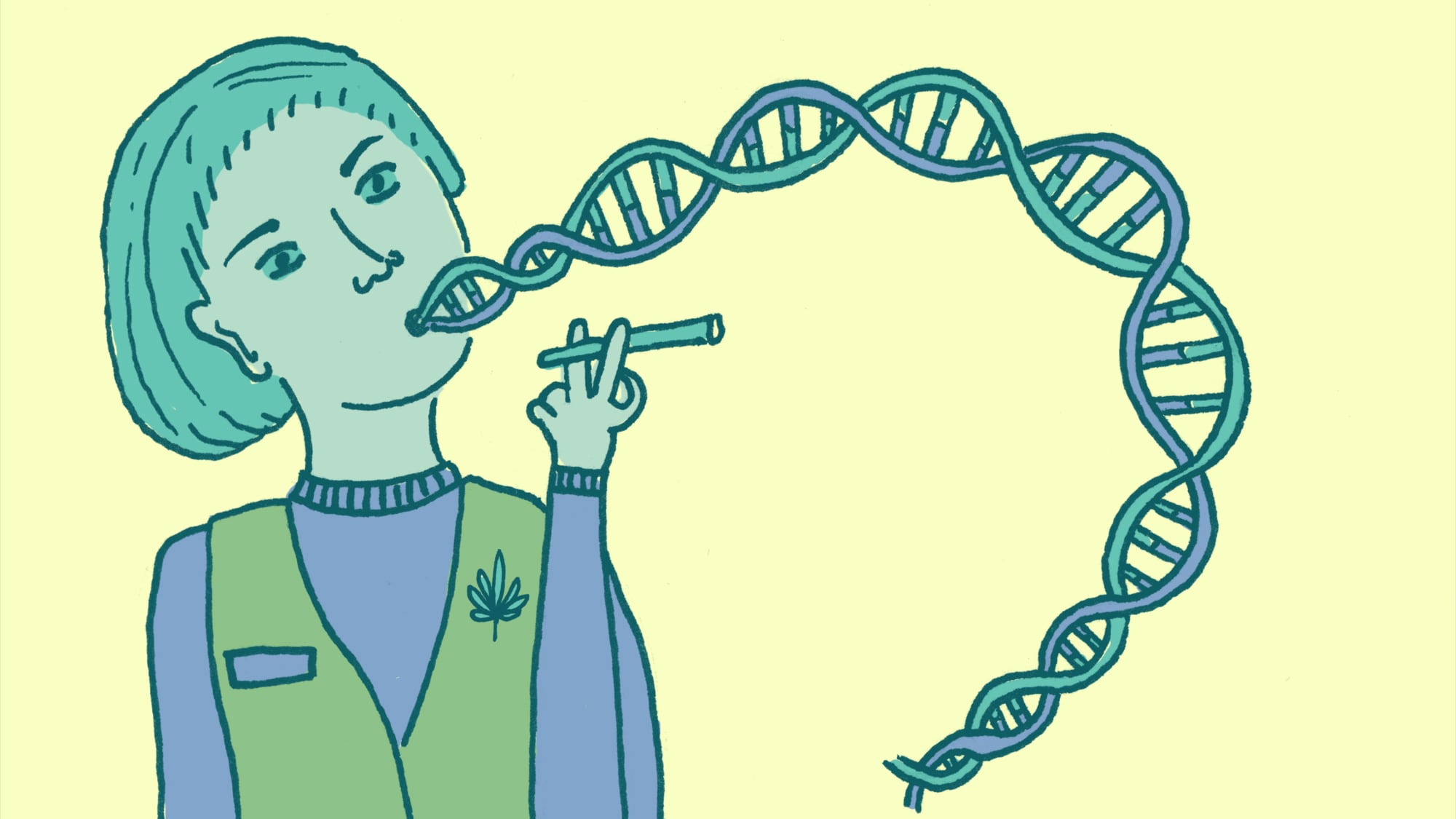Finding a strain or particular genetic attribute that works for your specific needs is a uniquely satisfying triumph.
If I catch a whiff of that familiar, funky scent of Girl Scout Cookies, I rest easy knowing it will give me a boost of cheery motivation for my gloomy variety of stress. I don't know how every strain will taste or feel just based on smell, but I do know that some mix of those GSC genes gives me exactly what I need to unwind worries without turning my brain off.
I also know that one day, the wrong company could patent the Girl Scout Cookies strain and I wouldn't be able to find anything other than a watered-down copy. The actual growers who invented the strain wouldn't be allowed to cultivate it without infringing on some corporation's rights. Thinking about the corporate monopolization of cannabis makes me need something heavier than GSC.
Fortunately for us Girl Scouts, local cannabis genome lab Phylos Bioscience has collected samples from more than 50 varieties of Cookies, which are to be posted publicly by the Open Cannabis Project. Now if someone wants to file a patent on any of these varieties, those genetic reports serve as "prior art," or evidence that the strain existed already.
This open-sourced approach to a comprehensive scientific cannabis database could not only save the soul and botanical integrity of the industry, but also show that we can take control of the scientific progress we believe in; Prove that we have a chance at maintaining accurate and ethical databases in a post-algorithm world.
After founding her own open-source mapmaking website, Beth Schechter, executive director of the OCP, is optimistic about the potentially radical difference these efforts could make.
"I see design, technology and community engagement as tools to unfuck the world," says Schechter. "Our job [at OCP] is to help protect people from facing unwarranted cease-and-desist orders for growing the same strain they've been growing for decades."
It's not about filing your own patent faster than your competition. It's about getting as much info into the public so that we're collectively free, not just individually protected.
There are thousands of patent applications on cannabis-related products and processes currently pending. Since the prior-art approach has a two-year window, this public database also cuts any illegitimate patents already in process "off at their knees."
"If we do our job well, we can create one of the largest and most robust open-source, scientifically verified collections of cannabis data that the world has ever seen," says Schechter. "And that's rad for all kinds of reasons."
Schechter points out that without a baseline for cannabis data, "there's not a great way to parse through all of the new information being introduced to the public. We want to aggregate as much data as possible so that we can truly understand what's new or anomalous and what's not."
If you grow cannabis, have ever gotten a sample tested and still have a copy of that lab report, visit the OCP website at opencannabisproject.org to reach out about contributing your data to the database.
"The older the better. Anything to prove that x or y genetic or chemovar reading has been around for a long time. Some patents have been on the books since 2013."
Expired or not, your crinkled, 4-year-old Sour Diesel test result from a lab that doesn't exist anymore is one piece closer to ruining some patent-hungry ghoul's day and protecting that strain for decades to come.
